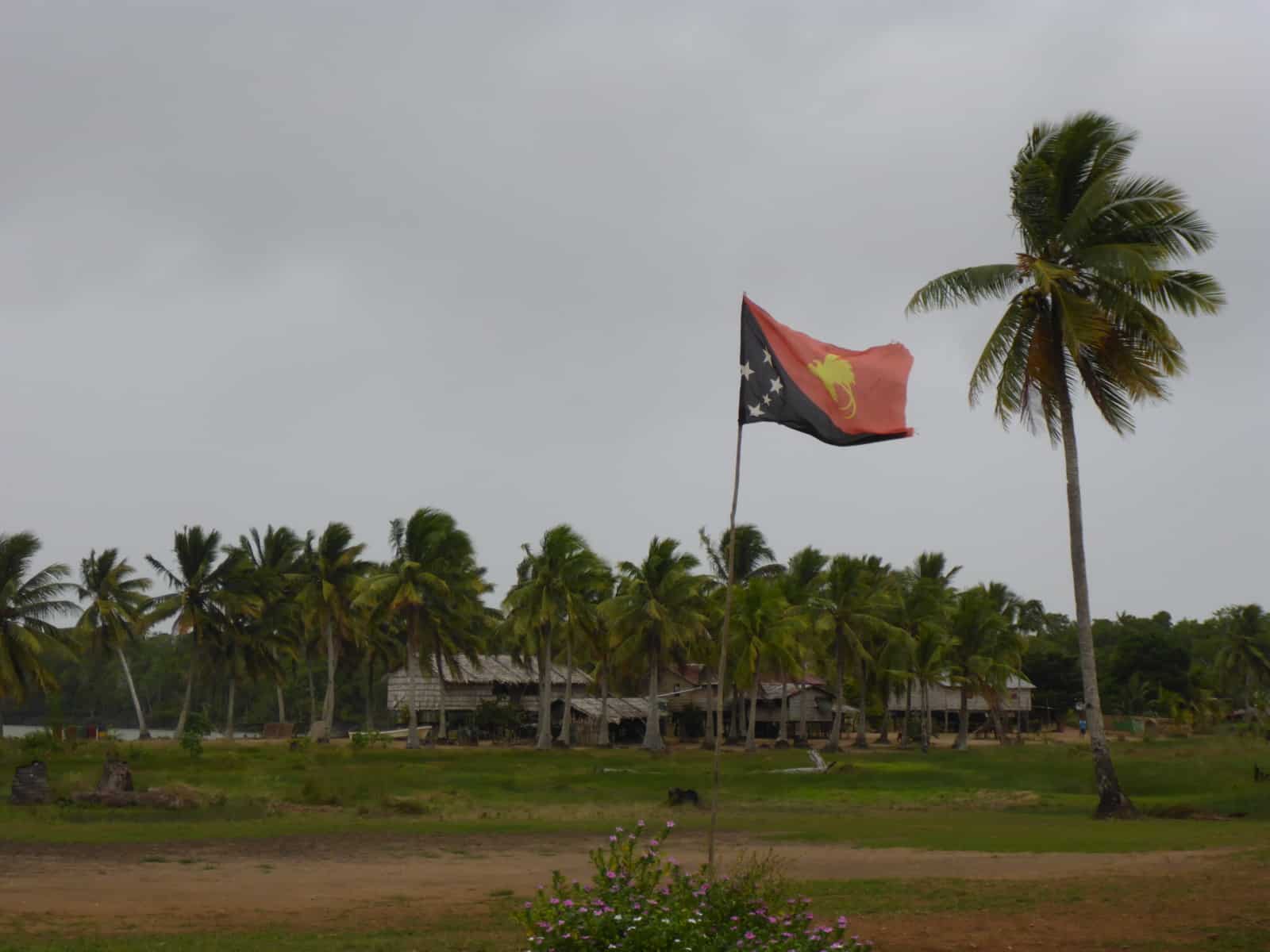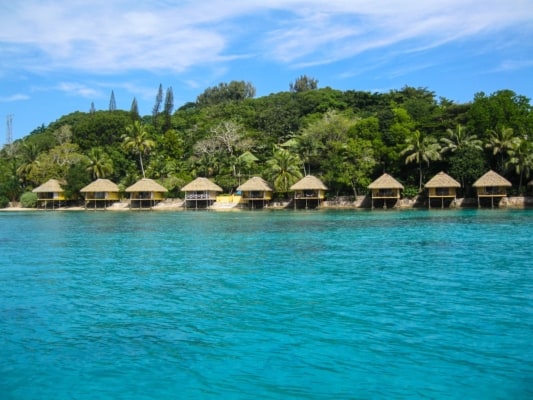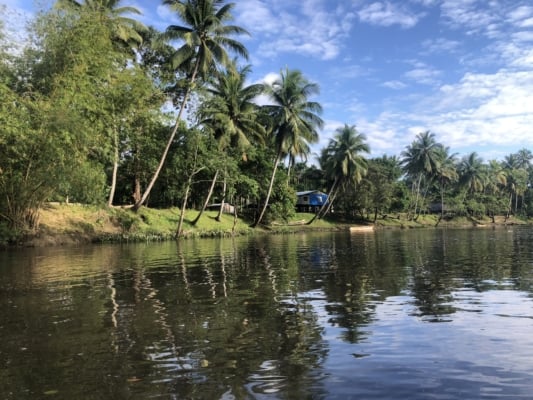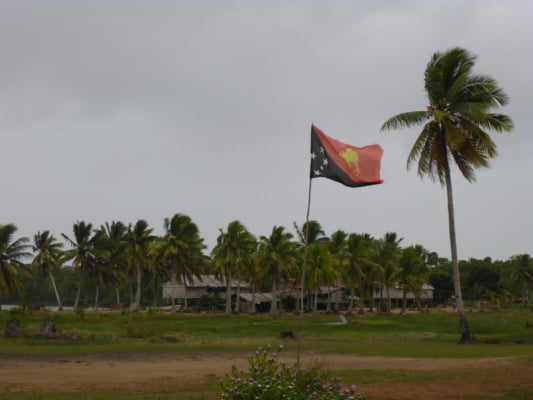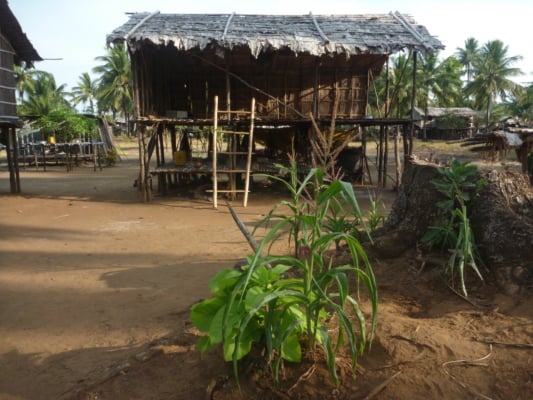Leadership beyond state limits in Papua New Guinea examined the political economy of informal and formal leadership within the villages of South Fly District, Western Province, Papua New Guinea. It explores how – in the absence or dysfunction of government funding and services – local leadership reorientates around other sources of finance, including aid projects to make change happen. The research looked at these five questions:
- How does formal and informal leadership interact, with a particular focus on women’s leadership?
- How do these types of leadership orientate around external funding opportunities?
- How can village leaders and coalitions form transparent, effective and legitimate institutions, that contest and reform existing sub-national structures?
- How can funding enter informal governance spaces, and strengthen rather than undermine informal leadership and governance structures?
- What are the extent, scale, capabilities and aspirations of informal women’s networks in South Fly, and their potential to facilitate development and reform?
This executive summary highlights the 10 implications that emerged from the research on how local leadership can be supported to context and reform pervasive patronage systems, including the potential of women’s networks and groups.
For more detail, take a look at the two main papers: Leadership beyond state limits: The political economy of subnational leadership and governance in Papua New Guinea and Leadership beyond state limits: Women’s leadership in Papua New Guinea.

